Date: 20 May 2013
Dutch clean-tech company HyGear is providing the systems with the aim of helping Guardian profit from a cost-attractive and reliable supply of industrial hydrogen.Guardian chose HyGear after an intensive testing programme that started with a Luxembourg field trial three years ago.One of HyGear’s container-based HGS systems was installed in parallel with the existing tube trailer supply in order to deliver Guardian’s local glass plant’s base-load need of pure hydrogen. An experimental period in which the system was tested thoroughly proved that the system operates successfully in a 24/7 environment, directly feeding the float glass production line of Guardian’s Luxguard II factory.
Unique small-scale SMR technology
HyGear’s on-site hydrogen generation systems are based on its proprietary small-scale steam methane reforming (SMR) technology, reforming natural gas to produce hydrogen. Whereas large-scale SMR technology has been used in 95% of hydrogen production worldwide for decades, HyGear’s product line is one of the first successful implementations of small-scale SMR technology.
The Dutch clean-tech company’s success is based on its unique reformer design using indirect heating, thus offering ultimate temperature control. Added to that is the low thermal mass of the reactors that allow quick start-up and modulation of the output. Contrary to classical SMR systems, the container-based HGS system is designed to function as a stand-alone system – or in a cascade of connected systems – which can be easily integrated into any industrial site. The schematic below gives a simplified explanation of the process.
Float Glass application
Guardian uses the HyGear HGS-produced hydrogen in its float glass production process, mixing it with nitrogen to create a reductive atmosphere over its tin baths. This requires a very high level of hydrogen quality, with strict limitations on the rest fractions of steam and carbon monoxide. HyGear’s systems easily fulfil these requirements, as they are able to produce between 3 and 200 Nm3 of hydrogen at a quality grade of 5.0, equal to a purity of 99,999%. In cases where lower quality gas is acceptable, the hydrogen purity can be reduced by adjusting the settings of the system. This increases the efficiency inversely proportional.
Successful Luxembourg trial
HyGear’s small-scale HGS was tested for the duration of a full year while at the same time the test was used by HyGear to further improve its systems, all in close cooperation with Guardian’s engineering staff. The system was operational for nearly 7,500 hours. The first part of the test was experimental and related to the HGS operating as part of the total gas supply system. Several improvements were identified and implemented in the products. During the second part of the year, the base load operations were tested and the uptime outnumbered the reliability of the tube trailer supply. The exhibit below shows the run time throughout the year:
“The site test has been a successful demonstration of HyGear’s capability and technological competence to manufacture, operate, service and maintain an on-site SMR hydrogen production installation which can operate 24/7”, says Guardian’s Philip Uzoma Nnganyadi. “The tests showed that a reliable system has operated during the complete test run season.”
HyGear is pleased to have Guardian as a leading customer for its on-site HGS technology. “Guardian is very ambitious and has a high level of technological competence. The field trials in Luxemburg helped HyGear to further improve its systems”, says HyGear CEO Marinus van Driel.
Economically and operationally viable on remote locations
Guardian is now considering using HyGear equipment instead of the conventional tube-stored hydrogen supply for several of its production plants. This would be particularly cost-effective in factories situated in remote locations, far away from the nearest large-scale hydrogen production plant. But even in locations with established infrastructures, HyGear’s SMR technology proved to reduce costs and increase reliability.
“We were impressed by the up-time and cost-efficiency of these systems and decided to proceed with them”, says Philip Uzoma Nnganyadi.



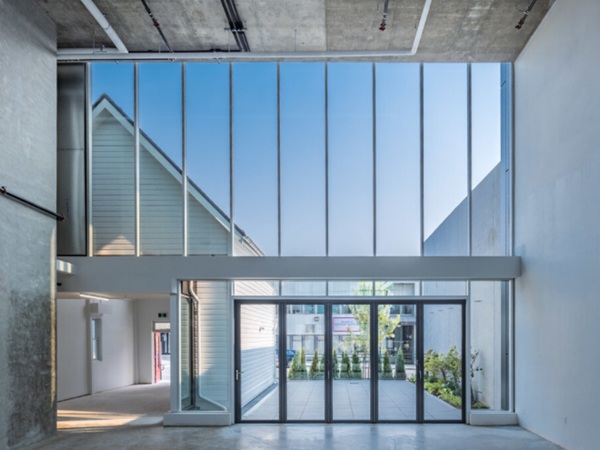
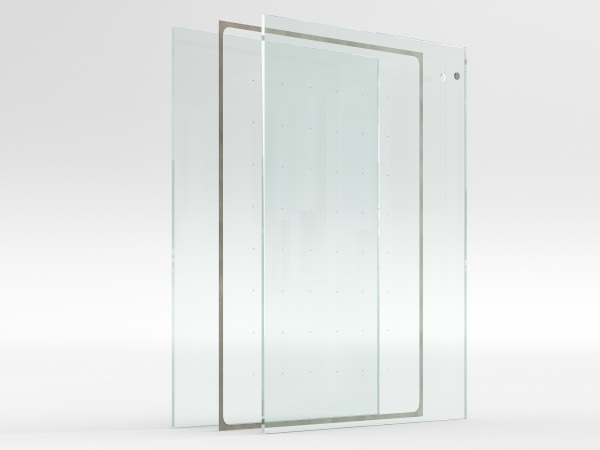

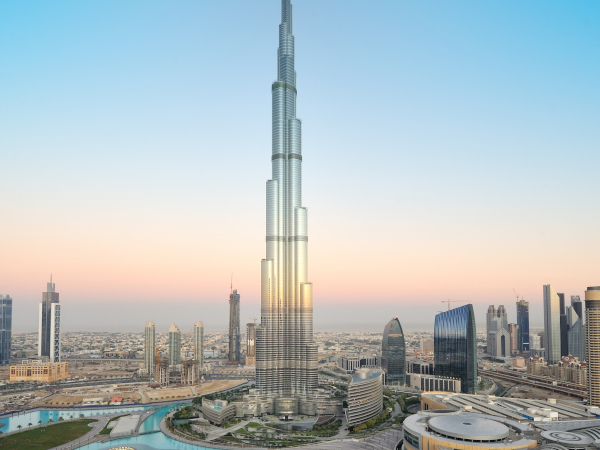
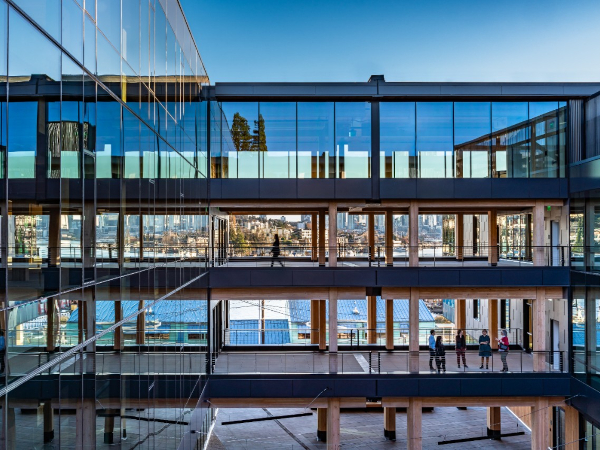
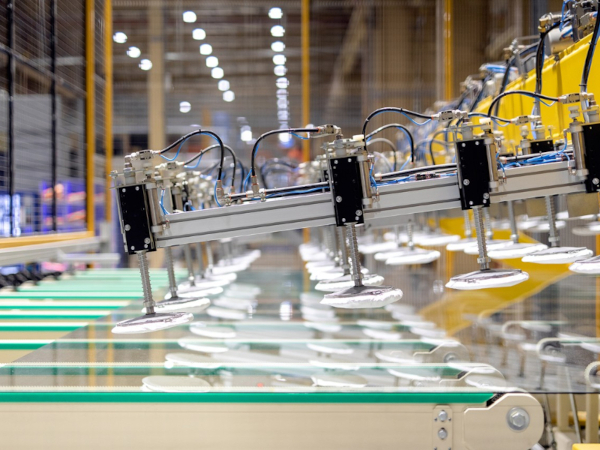

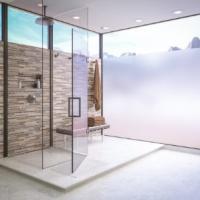

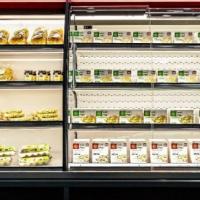
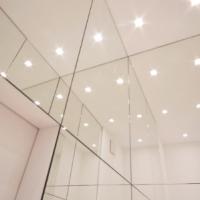


Add new comment